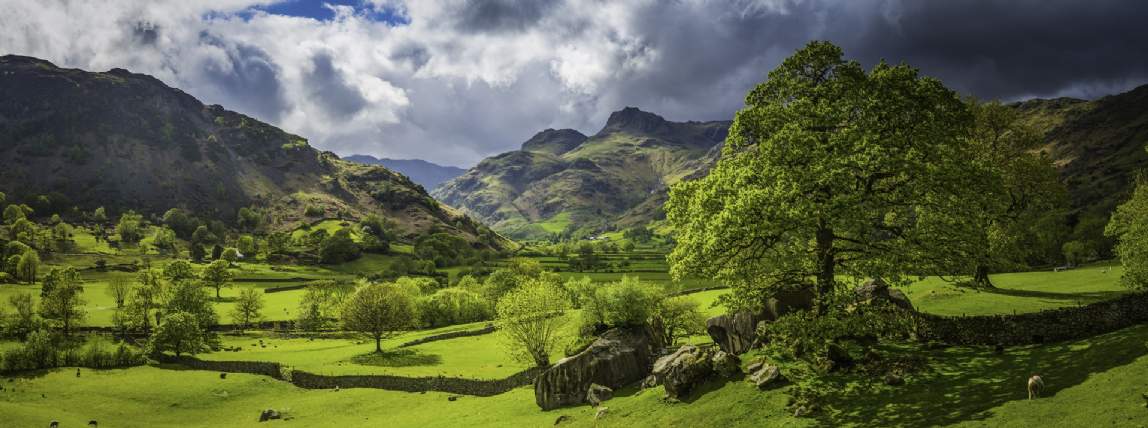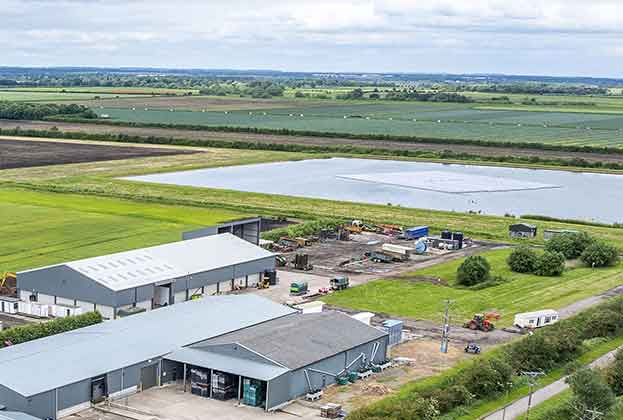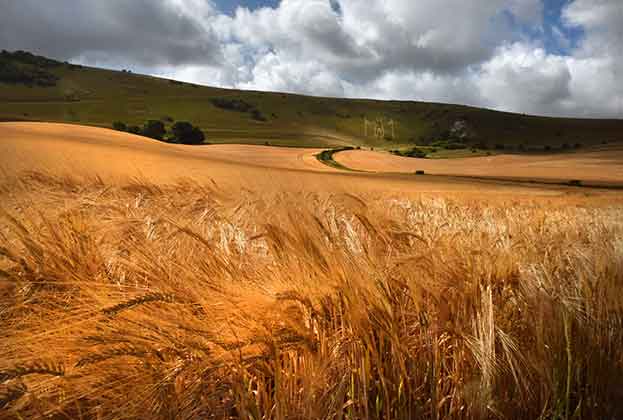Natural England defines natural capital as the parts of nature that provide benefits to people through ecosystem services. A list of assets that are considered to constitute natural capital are included within the report. These range from enclosed farmland to mountains, moors and heaths. The report states that any asset, if degraded, will not function well – in order to maintain a sustainable future supply of ecosystem services, we need to ensure that our natural capital is in good working order.
The report highlights key areas: economic resilience, net zero, climate adaptation, food security, health & wellbeing and water security. These provide a framework against which landowners and managers can explore opportunities to make improvements to and potentially receive payments from, the natural capital that is owned and managed.


.jpg)
.jpg)






